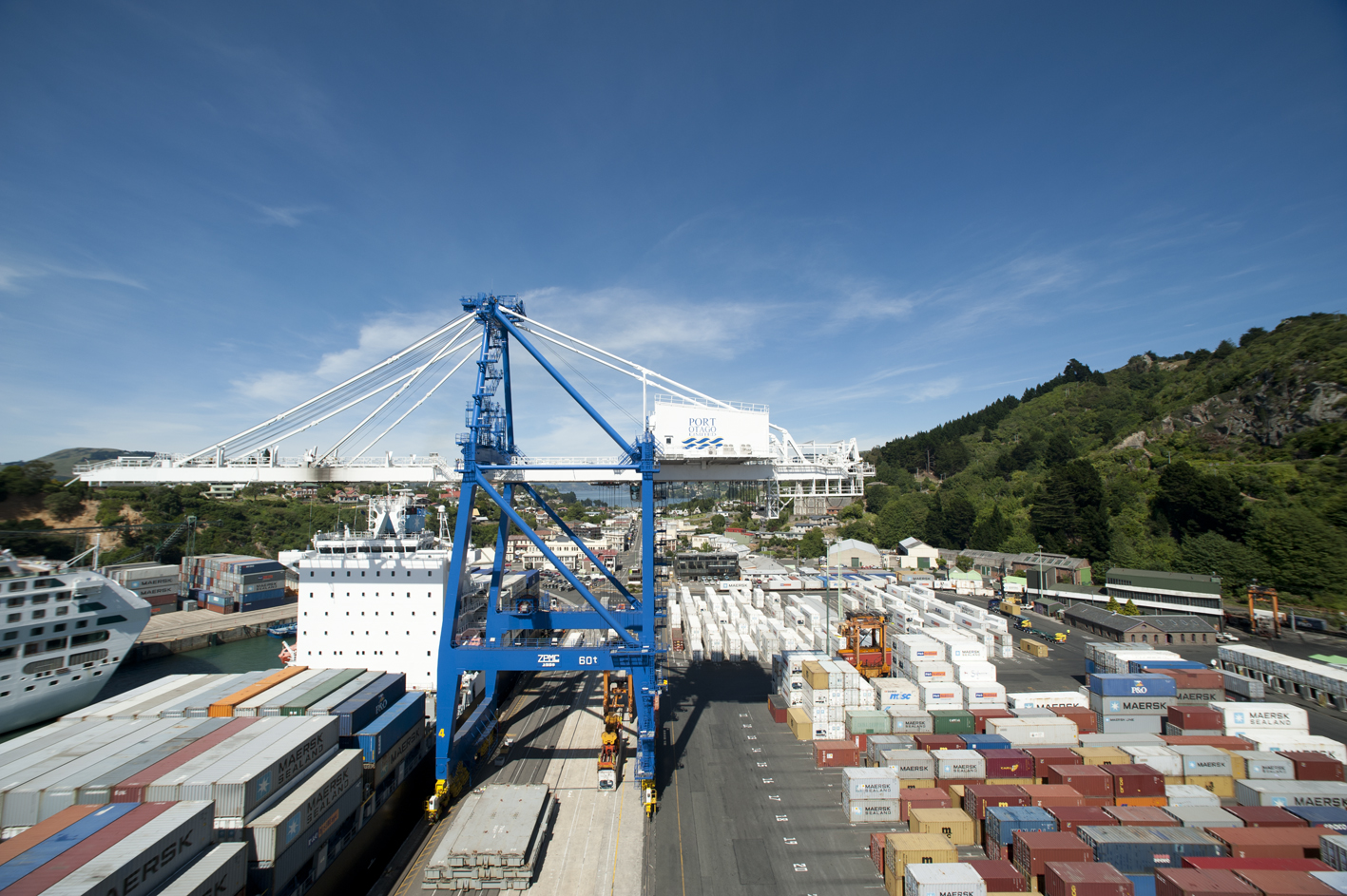Internationally renowned expert on freight sector emissions and reduction schemes, Sophie Punte, says cooperation is the key for the freight sector in New Zealand to become more sustainable.
Ms Punte, Executive Director of Smart Freight Centre, which she founded in 2013, is here this week speaking at seminars and sharing global examples of collaborative ways for freight companies to be more efficient and environmentally sustainable.
“Internationally there are great examples showing there is significant fuel and emissions savings to be made by a collaborative approach, sometimes as much as 30%,” says Ms Punte.
“It’s been done before and I’m here to share examples and show it can be done here.”
In the United States the SmartWay programme provides a system to track and share information about fuel use and freight emissions across supply chains and helps companies identify and select more efficient freight carriers, transport modes, equipment, and operational strategies to improve supply chain sustainability and lower costs from goods movement.
“New Zealand could replicate this here as the conditions are right. In Europe you have to work across multiple countries with different regulations and infrastructure and New Zealand doesn’t have those problems.”
To coincide with the seminars, the Sustainable Business Council (SBC) has launched the Sustainable Procurement Guidelines for Freight.
The guidelines cover practical topics such as procurement planning, discussions with current and potential carriers, through to formalised line items to include in the tender process.
Abbie Reynolds, Sustainable Business Council Executive Director, says SBC members want to show leadership on climate change, and identified that focusing on freight efficiency presents the best opportunity to collaborate on business solutions for emissions reductions.
“Businesses in the sector, some of whom are competitors, worked together to develop these guidelines.”




